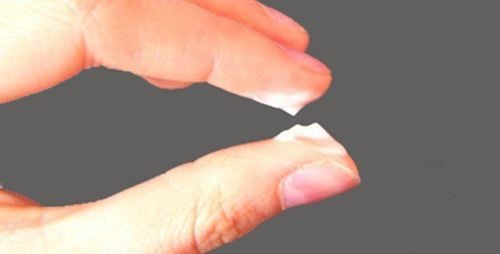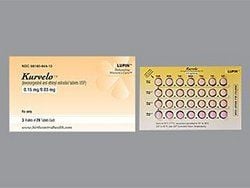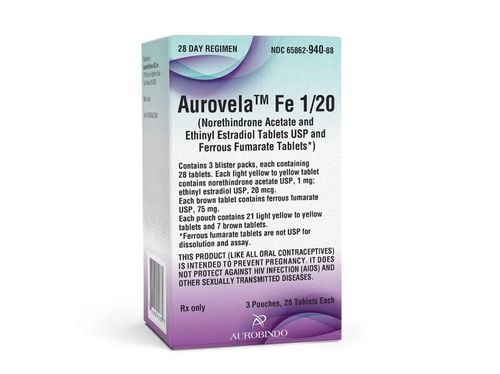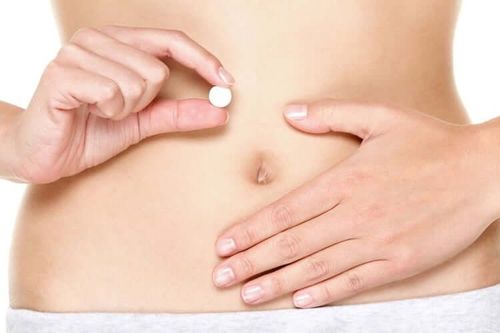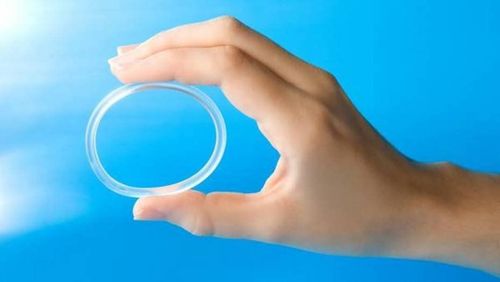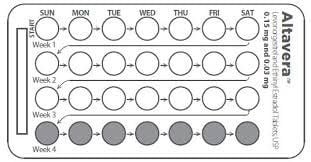This is an automatically translated article.
Progestin is a form of progesterone, a hormone that plays an important role in the menstrual cycle and pregnancy. Progestin is used in combination with estrogen in combined oral contraceptives, vaginal rings, and skin patches. It is also used in progestin-only and oral contraceptives, contraceptive implants, and hormonal intrauterine devices (IUDs).1. What is Progesterone?
Progesterone is both a steroid and a hormone, playing an important role in the body, especially the reproductive process.At the beginning of puberty, the ovaries release one egg each month, called ovulation. The egg travels down the fallopian tube, if it meets the sperm, it will be fertilized. The corpus luteum is a hormone or hormone-produced, which forms from the empty follicles after ovulation. The corpus luteum becomes the main source of progesterone to maintain embryonic development shortly after the egg is fertilized and implanted in the uterus.
If fertilization does not occur, the corpus luteum ruptures, and less progesterone is produced. The low amount of progesterone produced cannot promote thickening of the uterine wall. The uterine lining is no longer maintained by progesterone from the corpus luteum, leading to menstrual bleeding.
If conception is successful, progesterone will stimulate blood vessels in the uterus to grow further, and stimulate the glands of the endometrium to secrete nutrients to nourish the fertilized egg. Progesterone has the effect of thickening the lining of the uterus so that a fertilized egg can implant. Progesterone also helps preserve the uterine lining throughout pregnancy.
After fertilization, the placenta will be formed and begin to secrete additional progesterone that exceeds the amount of progesterone secreted by the corpus luteum. High levels of progesterone during pregnancy prevent other eggs from maturing and promote changes in breast tissue in preparation for lactation.
Trắc nghiệm: Tìm hiểu về “bí mật” của các Hormone
Hormone hầu như quyết định tới toàn bộ các chức năng quan trọng của cơ thể. Nó “làm việc” miệt mài để phát tín hiệu và điều hòa sự hoạt động của các cơ quan trong cơ thể, mô cũng như tế bào nhất định. Để hiểu hơn về vai trò cũng như cách thức các hormone tác động lên cơ thể, bạn có thể làm bài trắc nghiệm sau đây.
Nguồn tham khảo: webmd.com
If a woman does not ovulate, the ovaries will not produce progesterone. This phenomenon, known as anovulatory cycle, usually occurs from age 30 onwards and levels increase as menopause approaches.
The persistent decrease in progesterone levels before menopause is thought to be the main cause of the characteristic symptoms a woman experiences around menopause.
2. What effect does progesterone have on the body?

Thickens the uterine wall to make it easier for an egg to attach and implant in the uterus Preserves the lining of the uterus during pregnancy Prevents ovulation until the pregnancy ends Stops fertilization of 2 or more eggs at a time, although sometimes the ovaries release more than one Egg Stops contractions of the fallopian tubes after the egg has been transported to the uterus Plays an important role in development fetus during pregnancy Stimulates breast tissues to promote lactation and make milk glands ready to produce milk Strengthens pelvic muscles to prepare for labor
3. What is Progestin?
Progestin is a synthetic steroid hormone with properties similar to progesterone (definitions and effects above). Progestin is available as a capsule, vaginal gel, intrauterine device, and injection.Progestin is used for the following purposes:
Contraception Hormone replacement therapy Menstrual disorders Abnormal vaginal bleeding Amenorrhea, or no menstruation, Endometriosis Endometriosis (wall of the uterus) abnormally thickened uterus) Breast, kidney, or uterine cancer Decreased sex drive Hormonal therapy against cancer Breast pain Prevention of premature birth Acne Treatment of infertility Breast milk production
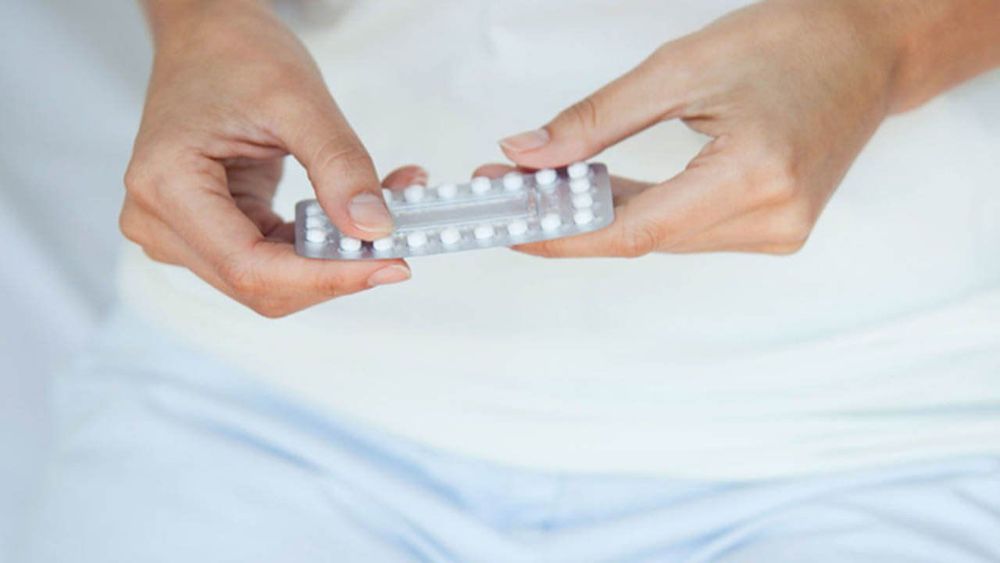
4. Side effects of progestin
Progestin use can cause some of the following health problems:Headache Soreness in the breast Stomach pain, vomiting, diarrhea and constipation Changes in appetite Weight loss Edema Fatigue Musculoskeletal pain Ventricular mood often, irritable Anxiety Runny nose, sneezing and coughing Lots of vaginal discharge Problems urinating Serious side effects that require hospital treatment include:
Lumps in Breast Bleeding from nipples Earth brown stools Migraines Severe dizziness Slurred speech or difficulty speaking Weakness or numbness of limbs Fast heartbeat Chest pain Coughing up blood Blurred, bulging or double vision Unusual vaginal bleeding Movements Menstrual pain Stomach pain Swelling of face, throat, tongue, lips, eyes, limbs Smokers should not take oral contraceptives because it significantly increases their risk of serious side effects (according to Library of Medicine). The United States National Library - The United States National Library.
Progestin is contraindicated in many conditions except liver tumors, cancer of the genital organs, breast cancer, undiagnosed vaginal bleeding, idiopathic jaundice, severe itching during pregnancy .

5. Progestin in combined oral contraceptives
Combination birth control pills are also known as hormonal birth control pills. The composition of the drug includes progesterone and estrogen. Combination birth control pills work:Prevents ovulation Changes the lining of the uterus to prevent conception Thickens cervical mucus to prevent sperm from entering the uterus Progestin-only hormonal contraceptives work used in many different forms: injection, implant and pill. The pill works to help:
Prevent ovulation Thickens cervical mucus to prevent sperm from entering the uterus Using progestin-only birth control methods has the following advantages:
Does not affect the ability to have sex Reduces menstrual bleeding, or stops it altogether. Does not increase risk of cardiovascular disease. Can be used immediately postpartum or while breastfeeding.
6. Progestin in hormone therapy
Hormone therapy (HT) formerly known as hormone replacement therapy (HRT) works to help restore hormonal balance. HT can provide progesterone, estrogen, or both. HT is used as an oral tablet, nasal spray, patch, skin gel, injection, vaginal cream, or vaginal ring.HT helps relieve symptoms of perimenopause such as:
Hot flashes Vaginal dryness Pain during intercourse Abnormal mood swings Sleep disorders Anxiety Decreased sex drive In some women, the effects of estrogen Endometrial overgrowth can lead to endometrial cancer. Hormone therapy that combines estrogen and progesterone can help prevent this.
HT causes some major side effects including bloating, breast tenderness, headache, nausea, edema, restlessness, anxiety. Using HT can increase the risk of diseases such as breast cancer, endometrial cancer, venous thrombosis, stroke, gallbladder disease.
FDA recommends using HT with a dose and a short time to achieve the best treatment effect.
Please dial HOTLINE for more information or register for an appointment HERE. Download MyVinmec app to make appointments faster and to manage your bookings easily.
Reference source: medicalnewstoday.com



